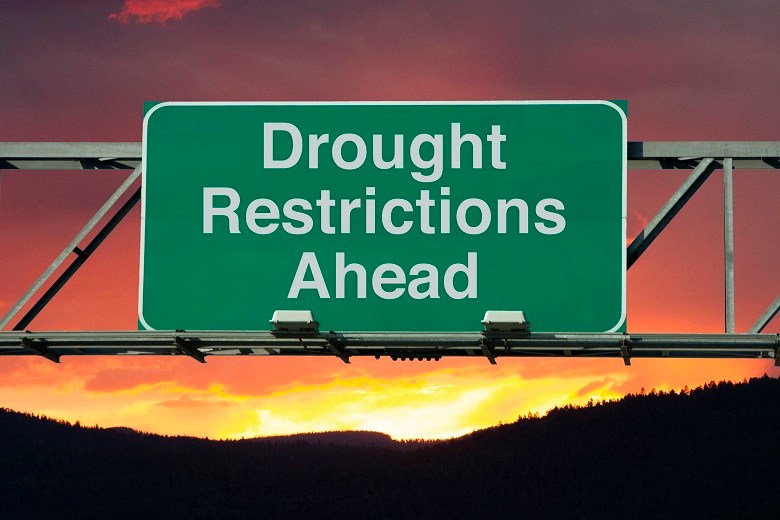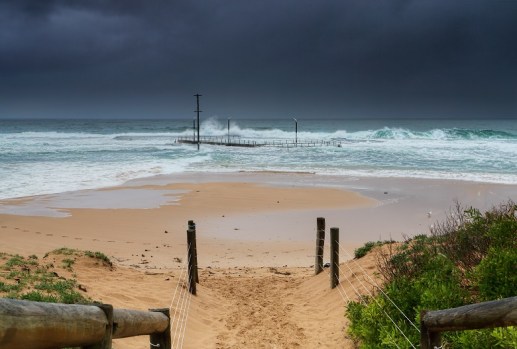
Mayors representing Australia’s local government climate alliance have issued a joint call for national action to tackle climate change, saying the states and commonwealth must support local solutions.
In a joint statement issued on Wednesday, fifteen mayors from the Cities Power Partnership, a program created by the Climate Council to support the switch to clean energy by towns and cities, call on the federal government to join them in making climate change a top priority.
“At the local level we’re working with our communities and with each other to develop a strong climate response, and to support Australia’s shift to clean energy,” they say in the statement.
“All tiers of government have a role to play in driving down Australia’s greenhouse gas pollution, and we need swift action at the federal level to address our escalating national emissions.”
Cuts, cover-ups and censorship: Climate Council
Their call to action comes after a report found litany of “cuts, cover-ups and censorship” in government climate policy including misleading claims, dodgy accounting and the axing of climate programs.
The federal government’s lack of climate change action was “defining leadership failure” of the last decade, The Climate Council report, released last month, says.
In its first year since being elected to office in 2013, the Liberal-National coalition had abolished the Climate Commission and legislated to get rid of the the Carbon Pricing Mechanism, the Climate Change Authority and the Clean Energy Finance Corporation, the report says.
Since then it had cut funding for the CSIRO, closed the Energy Efficiency Program and asked UNESCO to remove all mentions of the Great Barrier Reef from a report on climate change and World Heritage sites.
Supporting local solutions
Climate Council Chief Councillor and environmental scientist Professor Tim Flannery said the next federal government must support local solutions to avert a climate change crisis.

He said councils are often responsible for a range of carbon-intensive businesses, from garbage disposal to sewerage treatment and street lighting so they were ideally placed to make a difference to emissions at a local government level.
Some councils had taken a strong lead through initiatives like putting solar panels on social housing, making roads form recycled materials and changing over to LED street lighting, Professor Flannery said.
“Local councils are the most accountable level of government, the mayor and councillors live with the community and anyone can come along to a meeting, its pretty hard to hide,” he told Government News.
“And communities in general are demanding more action on climate change.”
He said the other tiers of government had failed to “grasp the full opportunity” to act on climate change.
“Local solutions are important because people can be accountable at that level of government, they see the change in street lighting, they see the change in garbage disposal systems and they see the change in their rates,” he said.
“It reinforces the need to change and the fact that change isn’t always a bad thing.”
Traditional climate change leaders
Sydney Lord Mayor Clover Moore said local governments around the world have traditionally taken a lead on climate change action, but inaction at a state and federal level is stymieing action.
Cr Moore called for an overhaul of the National Building Code and the introduction of mandatory disclosure of building energy ratings.
Federal politicians were stoking fear and ignoring science, she said.
“By stoking fear and ignoring the science, our federal parliamentarians are distracting voters from the inarguable truth – that without urgent, coordinated, and global action to reduce emissions and shift to renewable energy, we will trigger runaway climate change,” she said.
Cr Amanda McClaren, Mayor or regional Victorian council Strathbogie, said extreme weather events presented an increasing challenge to councils.
“In order to effectively prepare our towns and cities for a changing climate we need more resources and targeted policy from the Federal Government supporting local clean energy and climate solutions to safeguard the future of our communities,” she said.
What the mayors want:
- Strong national climate policy aligned to the science and a national commitment to rapidly transitioning to 100% clean energy
- Support the rapid phase out of fossil fuel subsidies which contribute to climate change
- Provide long-term finance to support implementation of clean energy and sustainable transport, such as rooftop solar, battery storage, electric vehicle charging stations, public and active transport infrastructure in council and community areas
Comment below to have your say on this story.
If you have a news story or tip-off, get in touch at editorial@governmentnews.com.au.
Sign up to the Government News newsletter.
